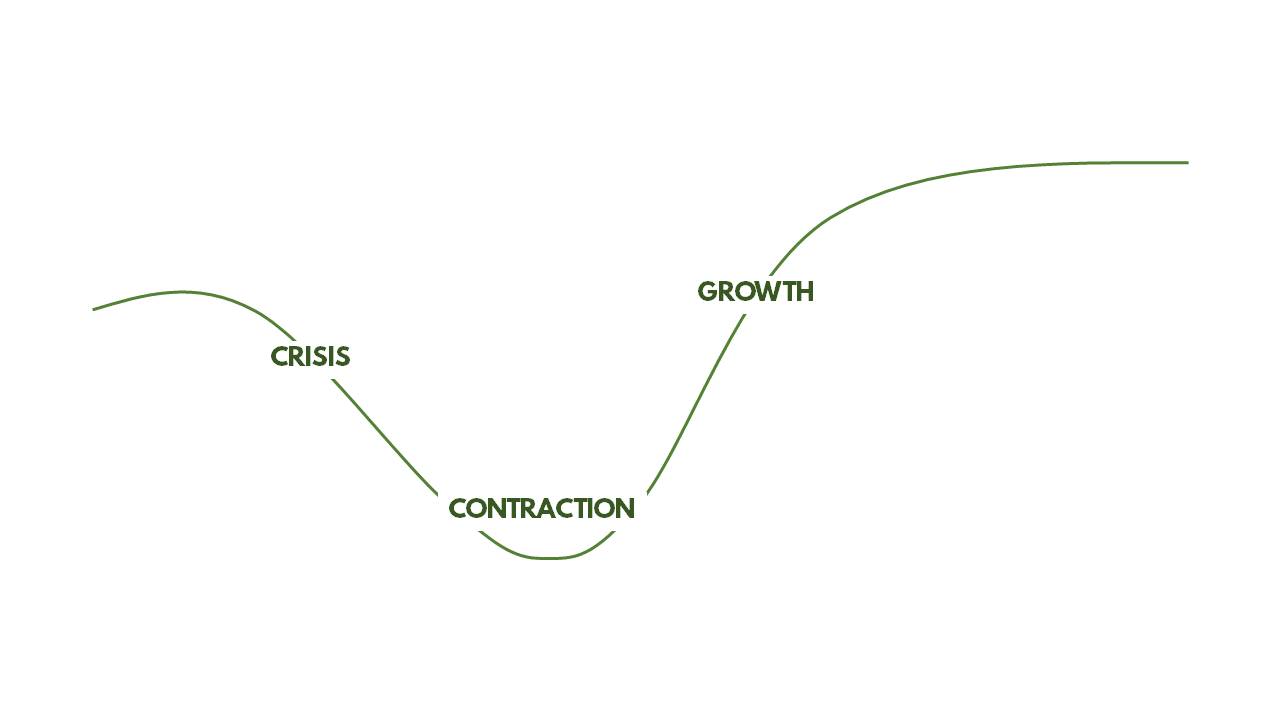May 31, 2022 | Business Transformation
by Sebastián Morales, José A. Miranda
As global change accelerates and the cycles of change become shorter, decisions must be made more quickly.
Geopolitical turmoil has immediate consequences on all sectors of global economic activity.
Two years have passed since the COVID-19 pandemic began. Confinement changed the way companies are managed, accelerating digitalization and implementation of technology in the process of managing and marketing products and services.
On the one hand, Ecommerce has become a fundamental part of our lives due to social isolation, being now a shopping option as accessible, or even more so, as any other for consumers.
On the other hand, trade pressures generated at a global level by the war in Ukraine have forced companies to strengthen closer trade exchanges, whether at a local or at a regional level, thus contracting the globalization that began in the 1990s. As a result, the increase in the efficiency of the supply chain has become one of the greatest challenges that companies are still trying to address through the search for cost reductions in labor, maquila and access to raw materials. Without a doubt, this challenge will lead to a greater drive for the digitization of processes within organizations, and a need to redesign the strategy of companies in the medium and long term in all areas, as detailed below:
1. Energy
Russia is the world’ s second largest producer of natural gas and is among the top three oil producing countries (International Energy Agency, 2022). The international reaction focused on sanctions due to the war that started in Ukraine is having a huge effect on the increase in the price of fossil fuels. Just as an example, the price of oil spiked by almost 90% over the last 12 months, which has led Nigeria to be the first country in the world to ground airline aircraft due to incurring operational losses from such an effect.
Therefore, what could be a short-term energy crisis may become a paradigm shift in trade relations in the medium and long term at the global level.
At a time of crisis and constant global changes, Latin America faces an opportunity to become a world leader in the production of renewable energies and foodstuffs, which means that it must face the great challenge of technological development.
2. Food
Russia accounts for 13% of fertilizer exports (Nicas, 2022), Ukraine for 18% of barley trade and 12% of wheat (Braun, 2022).
Consequently, the increase in wheat (+21%), barley (+33%) and fertilizer (+40%) prices has resulted in the largest level of the food price index, as per the historical series of the FAO Food Price Index.
To counter this uncontrolled rise in prices, some countries, such as Malaysia and Mexico, are trying to subsidize the price of some basic food staples that make up the food basket, although this has not achieved the expected results.
3. Technology
Ukraine generates about 50% of the neon gas globally (Alper, 2022), a raw material used for the manufacture of semiconductors, essential for the manufacture of chips, limiting the sale of Electronic or Automotive products, and jeopardizing the technological development of all industries.
Consequently, we are facing an adverse scenario for markets, companies around the world and, above all, for consumers.
A great challenge that poses a risk to the development of alternative energies, and that drives the production and consumption of local food to face the inflationary crisis in all sectors.
In any scenario, this implies a rethinking of the logistics and supply chain, impacting not only the Energy, Food or Technology sectors, but any commercial activity.

Given the abovementioned, Latin America is before an excellent opportunity to seize the consolidation of the development of these three sectors, which have an impact on all industries.
In the energy sector, there is an opportunity to promote renewable energies that seek to reduce the carbon footprint, where Latin America plays a key role worldwide (IEA, 2021).
Latin America and the Caribbean account for 14% of global food production, as well as 45% of agri-food trade, which projects Latin America as a key region globally.
However, Latin America faces an enormous challenge in the development and adoption of technology and innovation. Although Brazil, Chile and Mexico are the leading countries in the region, they are still far behind major countries such as the United States, Switzerland, the United Kingdom, Sweden or Singapore (UNCTAD, 2021).
Current waves of change occur in increasingly shorter periods, less than 5 years, and are composed of Crisis, Contraction and Development, all of them having a greater impact at the global level. Therefore, the great challenge for companies in Latin America is to establish data generation strategies, which will facilitate the establishment of new solutions and flexible structures that will enable agile decision making to face a future of continuous uncertainty.
José A. Miranda is Managing Partner at Naawa, Sebastián Morales is Data & Technology Manager at Naawa.
Copyright © 2022 Naawa Consulting. All rights reserved.
Download the full article in PDF here:
